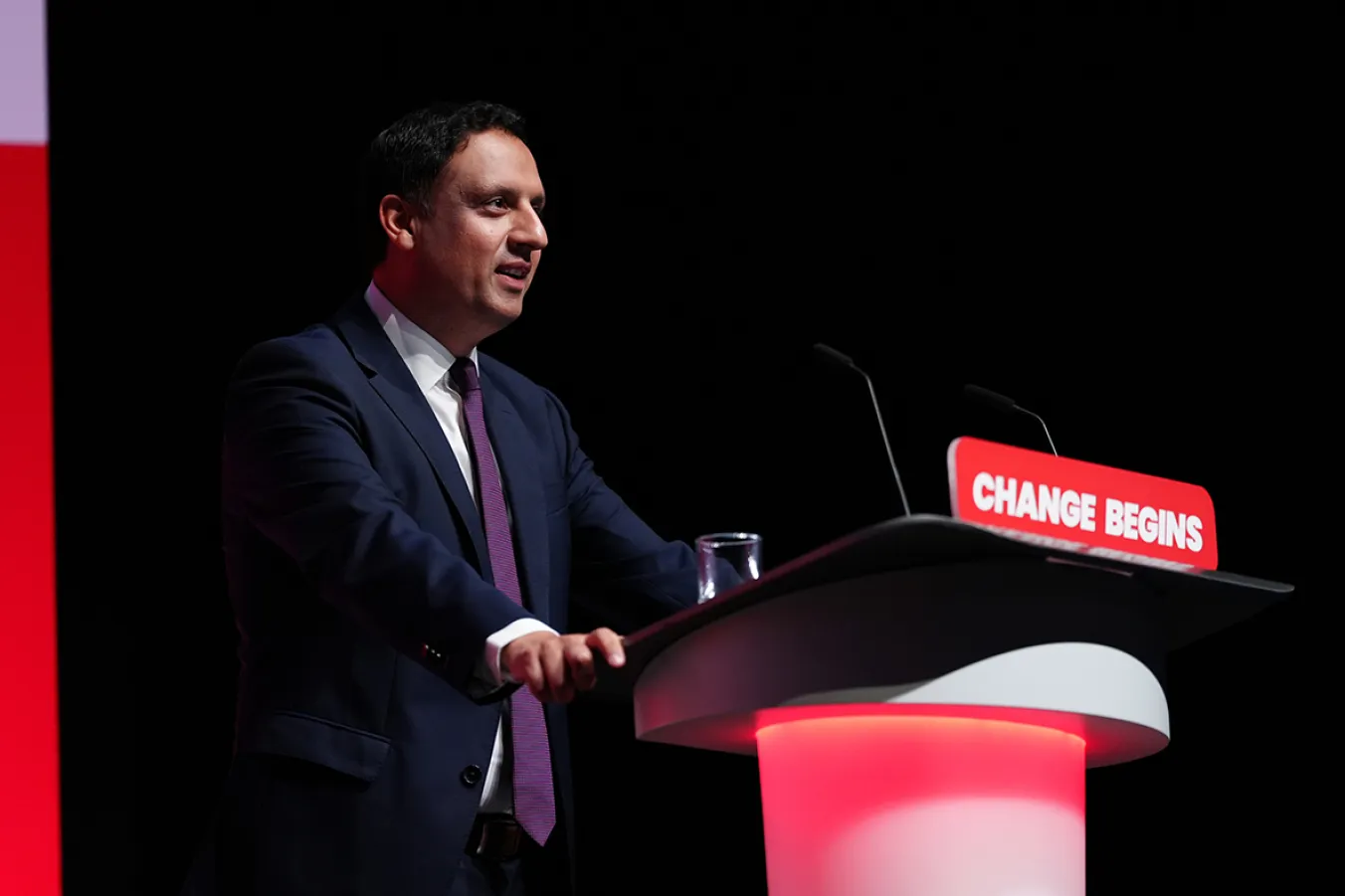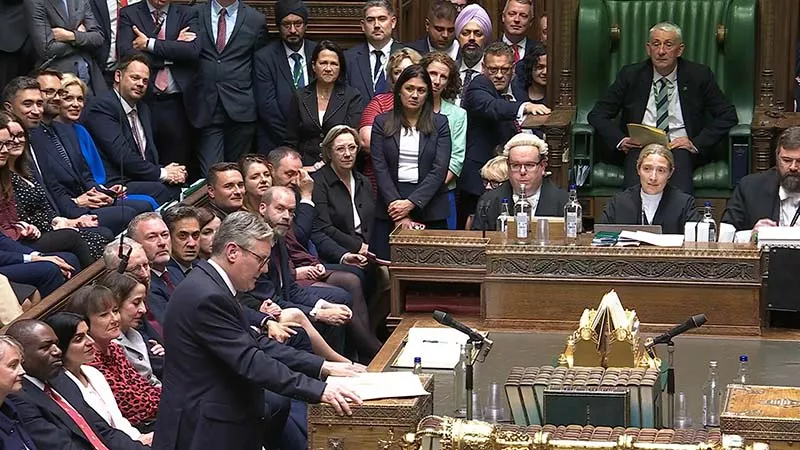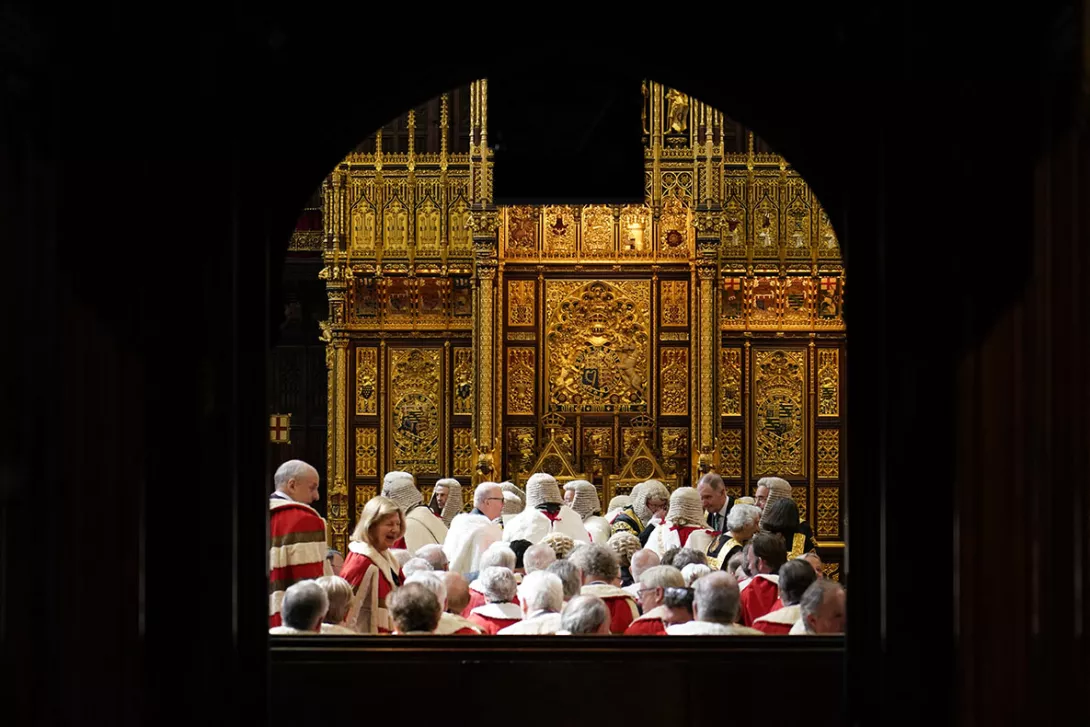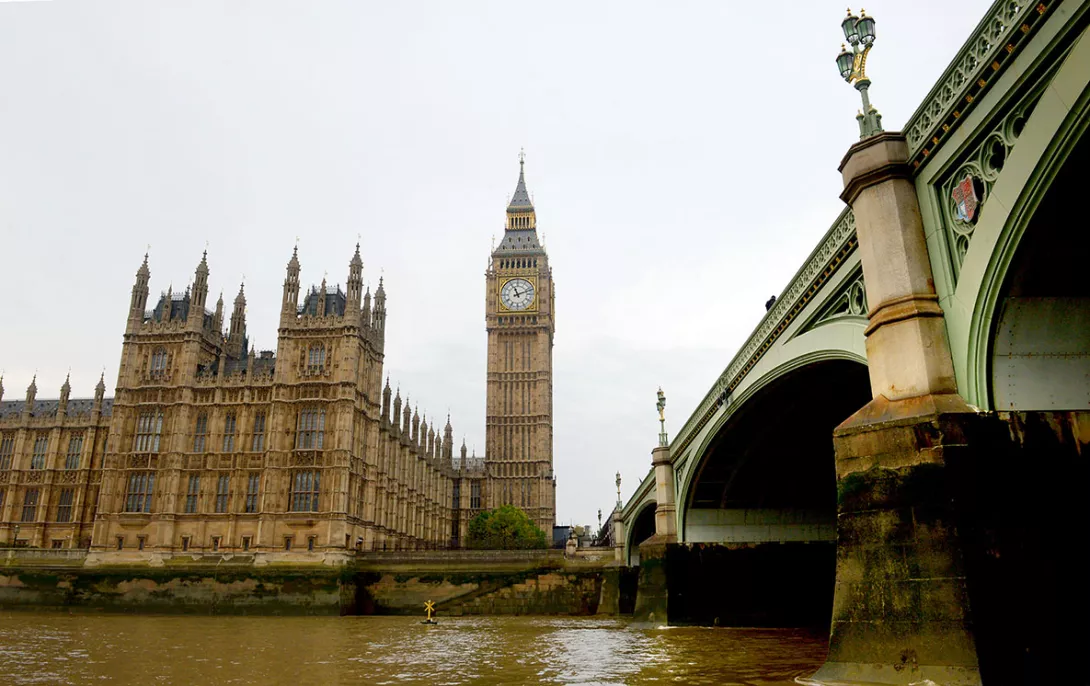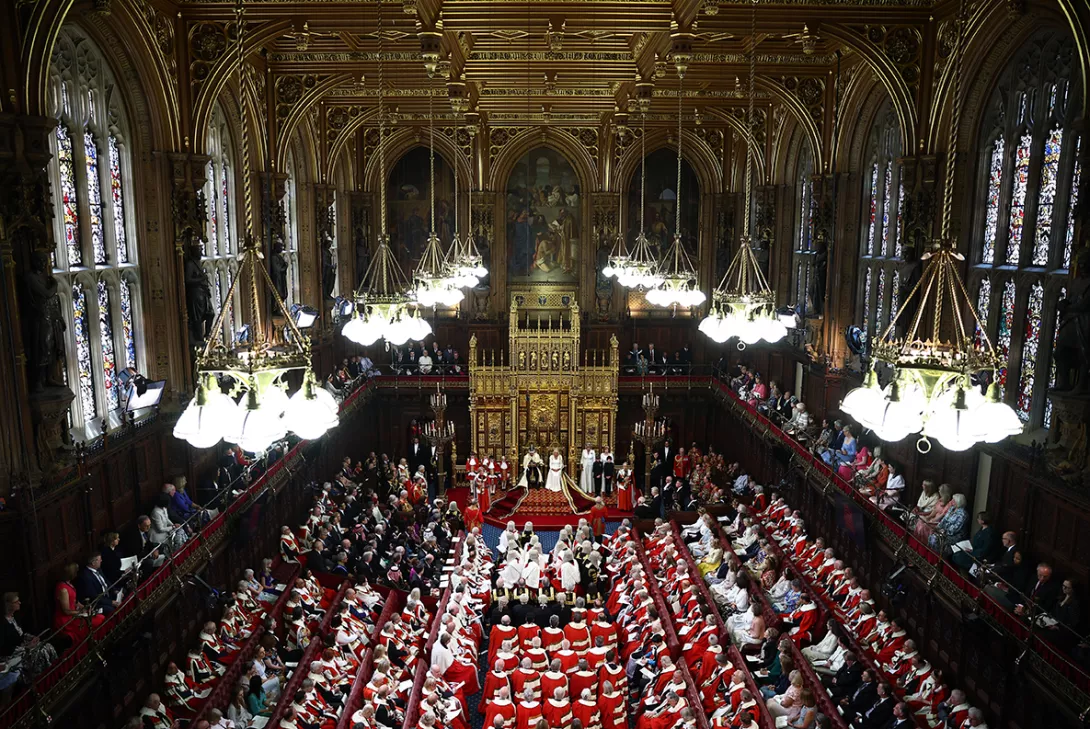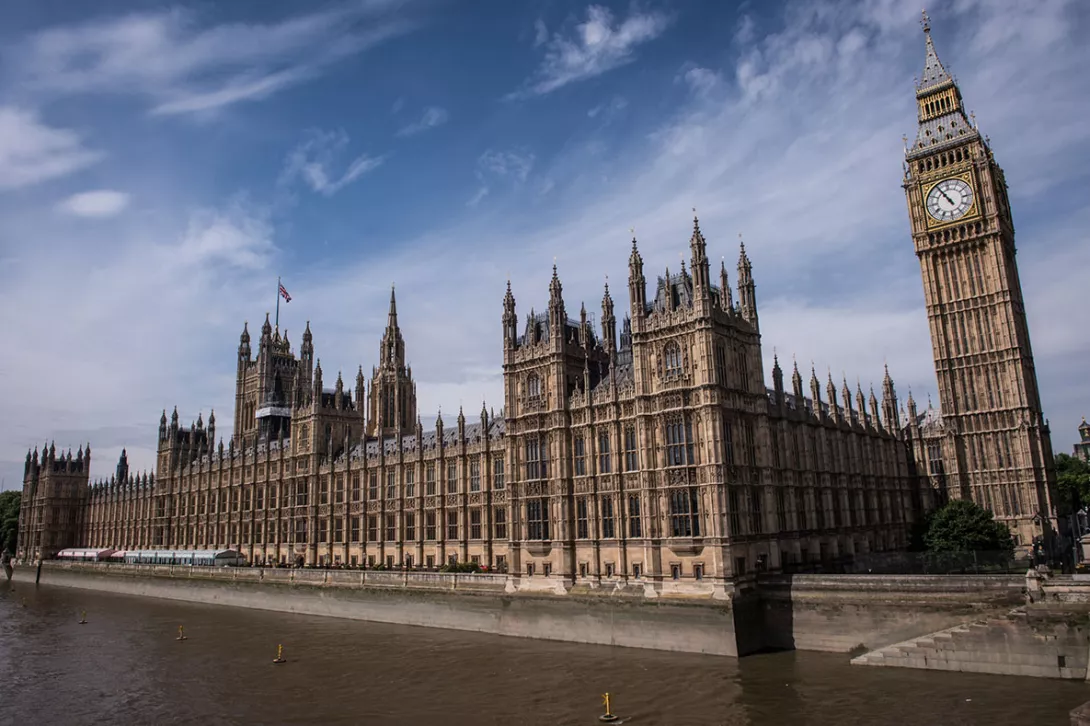
THERE does seem to be an English exceptionalism that allows commentators to sing the praises of our democratic structures while failing to see its flaws that would be considered unacceptable if they were present in another country.
I say “English” as I think the populations of the other nations in the UK tend to have a less rosy view.
Imagine the critical comments that would rightly be made of a wealthy influential country that had an unelected second legislative chamber with some members there on a hereditary basis; that had reserved places for members of the established religion; that is one of the largest legislative bodies in the world; that doesn’t have fair representation from the nation’s regions; that has less than 30 per cent women members and favours ex-MPs and members from selected well-paid professions. We would probably question the country’s democratic credentials.


